Nowadays Information is Freely Available on Internet Therefore is No Longer Need for Museum - IELTS Writing Task 2
Learn how to structure a well-rounded Band 7+ answer for the IELTS agree-disagree essay ‘Nowadays Information is Freely Available on Internet Therefore is No Longer Need for Museum’, with samples, essay outline & relevant vocabulary given in this blog.
Table of Contents
- Essay Question for ‘Nowadays Information is Freely Available on Internet Therefore is No Longer Need for Museum’
- Outline for IELTS Agree Disagree Essay
- Sample Answers for Nowadays Information is Freely Available on Internet Therefore is No Longer Need for Museum IELTS Writing Task 2
- Vocabulary to Use for Nowadays Information is Freely Available on Internet Therefore is No Longer Need for Museum - IELTS Writing Task 2

Try AI Essay Checker for Instant Band Score
In an era dominated by digital technology, the way we access and preserve cultural and historical knowledge has drastically evolved. The internet now offers an endless stream of information, making it easier than ever to explore global heritage from home. Yet, this shift raises an important question: do we still need physical museums when everything is available online? The IELTS Writing Task 2 question ‘Nowadays information is freely available on internet therefore is no longer need for museum’ explores this timely debate.
This blog provides three sample answers for the IELTS agree and disagree essay, ‘Nowadays Information is Freely Available on the Internet, Therefore is No Longer Need for Museum’, along with an outline and relevant IELTS vocabulary, which is crucial for achieving a high band score.
Essay Question for ‘Nowadays Information is Freely Available on Internet Therefore is No Longer Need for Museum’
You should spend about 40 minutes on this task.
In the past, important knowledge of culture and history was stored in museums. Nowadays, information is freely available on the internet, therefore is no longer a need for a museum. To what extent do you agree or disagree? Give your own opinion and relevant examples.
OR
Since most information about culture and history can be found online, museums are no longer needed. To what extent do you agree or disagree?
You should write at least 250 words.
Outline for IELTS Agree Disagree Essay
Given below is the outline that will help you to understand how to write agree-disagree essays in IELTS.
|
Introduction
Body Paragraph 1
Body Paragraph 2
Conclusion
|
Sample Answers for Nowadays Information is Freely Available on Internet Therefore is No Longer Need for Museum IELTS Writing Task 2
You will find three IELTS Band 9 essay samples on the topic ‘Nowadays Information is Freely Available on Internet Therefore is No Longer Need for Museum’, and these will help you write your own essay and achieve a high score.
Nowadays Information is Freely Available on Internet Therefore is No Longer Need for Museum - Sample Answer 1
Although modern technology allows people to access vast amounts of historical and cultural information online through virtual tours, digital archives, and multimedia experiences, I completely disagree with the idea that museums are no longer necessary. In my opinion, museums provide irreplaceable educational, cultural, and experiential value that digital platforms cannot fully replicate.
Firstly, museums offer a tangible and immersive experience that cannot be achieved through screens. Viewing an ancient sculpture or artefact in person creates a deeper emotional and intellectual connection to history. For instance, the British Museum in London allows visitors to see the Rosetta Stone and ancient Egyptian mummies firsthand, providing an authentic sense of discovery and cultural appreciation. Such physical encounters engage multiple senses - sight, touch, and even atmosphere - making learning far more memorable than simply reading about history online. Additionally, museums often employ expert guides and curators who provide context and interpretation that enrich understanding far beyond what a virtual description can offer.
Secondly, museums play an indispensable role in preserving artefacts for future generations. Digital records can store images and data, but they cannot protect fragile historical items from decay or destruction. Institutions such as the Louvre and the Smithsonian not only display these treasures but also employ conservators who meticulously restore and maintain them. This custodial responsibility ensures that authentic pieces of humanity’s past remain intact and accessible for centuries to come. Moreover, museums often serve as research centres that facilitate academic studies and public engagement, connecting science, history, and education in one physical space.
In conclusion, while online resources make cultural information widely available, museums remain vital guardians of our shared heritage. Their educational, emotional, and preservation roles make them irreplaceable institutions in an increasingly digital world.
Join a FREE online webinar to learn how to deal with IELTS essays for success!
Nowadays Information is Freely Available on Internet Therefore is No Longer Need for Museum - Sample Answer 2
In today’s digital era, people can access an immense amount of cultural and historical knowledge through online archives, documentaries, and virtual museum tours. Some argue that this technological convenience has made traditional museums obsolete, as individuals can now explore the world’s heritage from the comfort of their homes. However, I strongly believe that both the internet and physical museums serve distinct and complementary roles in preserving and sharing human civilization.
On one hand, the internet democratizes knowledge by providing a platform where millions can instantly explore cultural and historical content without geographical constraints. For instance, a student in India can take a virtual tour of the Louvre in Paris or study ancient manuscripts from the British Library’s digital collection. This global accessibility not only promotes cross-cultural awareness but also ensures educational equality, as learners from all backgrounds can access information that was once limited to a privileged few. Moreover, digital platforms can update and expand information rapidly, offering the most comprehensive and up-to-date insights into historical events, artworks, and discoveries.
On the other hand, physical museums provide an authentic and multisensory experience that digital platforms cannot replicate. Observing historical artefacts or masterpieces, such as Van Gogh’s original paintings, evokes a profound emotional connection that no virtual display can replace. Museums also act as custodians of cultural heritage, conserving fragile and priceless artefacts for future generations. Additionally, they serve as interactive community spaces where visitors engage in workshops, lectures, and exhibitions that foster social interaction and collective appreciation of history and art.
In conclusion, while technological advancement has revolutionized access to historical and cultural information, museums remain indispensable for their authenticity, preservation efforts, and educational depth. Therefore, I believe both mediums should coexist harmoniously, complementing each other in the mission to protect and promote the richness of human history.
Grab Our Extensive Bundle for IELTS Writing (Academic) & Ease Your Writing Worries!
Nowadays Information is Freely Available on Internet Therefore is No Longer Need for Museum - Sample Answer 3
Unlock Band 8+ Sample Answer
Museums have been existent until this moment, but some people claim them as unnecessary, especially in the technology–dominated world with the prevalence of computers. Others, however, still realize their undeniable merits and insist on their survival. I strongly agree with the latter view.
It is undeniable that the internet is creeping ubiquitously into our world in most areas of life, even in the domain of the past. Museums are believed to have little say when people just stay at home, surf the net, and the entire world of quintessence unfolds before their very eyes without physical movements to the museum nearby and payment for this service as well. However, can people really discern the greatness of a civilization without their glance at real objects and direct touch on them? Images on the internet are useful to provide us quick information, yet by no means can they reproduce the real world of the old days via the machine–like window. Only by visiting museums of different countries around the world can modern-day people perceive deeply the glory of the yesterdays and learn to appreciate what ancestors sacrificed for our today’s sustenance. In other sense, the internet serves as a means to arouse people’s curiosity to rush to museums, rather than thwart the existence of these places. Not until visitors have opportunities to journey themselves through websites do they have the urge to explore a beautiful destination, touch, and contemplate themselves among flows of extraordinary things right there in museums, as there goes a saying “seeing is believing”.
The internet is now also leveraged as an effective tool to color our museums, surprisingly. To facilitate people’s journey through varied timelines in the large museums where they can get lost easily, the tool of searching for information and categorizing functions available at these places are beneficial. To many historians and researchers, the internet is, too, regarded as a reservoir for them to dig deeper into the histories of a variety of nations worldwide to collect enough data and refer a host of sources for their studies in a relentless effort to recreate the histories, say, wars, to the original state, by dint of which a touch of reality is added to museums and makes it more appealing to visitors. At the same time, it is the usage of other cutting edge innovations, along with the support of the internet that experts can restore myths of the long-forgotten past, for instance, mummification, and give a sense of adventure to children. In other words, museums and the internet are complementary to each other to enrich our world.
In the final analysis, no matter how advanced the internet grows, museums are right there, and they can coexist to shed more light on the past to satisfy the inherent curiosity of humankind.
Vocabulary to Use for Nowadays Information is Freely Available on Internet Therefore is No Longer Need for Museum - IELTS Writing Task 2
Here is a list of good vocabulary words to use in an IELTS essay related to the topic, ‘Nowadays Information is Freely Available on Internet Therefore is No Longer Need for Museum’, that will help you boost your vocabulary for similar essay topics.
|
Word/Phrase |
Meaning |
Example Sentence |
|---|---|---|
|
Irreplaceable |
too valuable or unique to be replaced; impossible to substitute |
The loss of indigenous languages would mean the disappearance of irreplaceable cultural knowledge. |
|
Tangible |
real and able to be touched or physically experienced |
The excitement in the room was so tangible that everyone felt a shared sense of anticipation. |
|
Immersive |
providing deep involvement or absorption in an experience |
The museum used immersive audio-visual effects to transport visitors to medieval Europe. |
|
Artefact |
an object made by a human being, typically of cultural or historical interest |
Archaeologists discovered ancient artefacts buried beneath the ruins of the old temple. |
|
Custodian |
a person or organization responsible for protecting or taking care of something valuable |
Teachers are often seen as custodians of knowledge who guide students through learning. |
|
Meticulously |
in a way that shows great attention to detail; very carefully and precisely |
The jeweller meticulously crafted each piece of the diamond necklace by hand. |
|
Indispensable |
absolutely necessary or essential |
For remote workers, a stable internet connection is indispensable. |
|
Profound |
very great or intense; showing deep understanding or insight |
The author’s words had a profound impact on how readers viewed modern society. |
|
Multisensory |
involving or stimulating more than one sense (sight, sound, touch, etc.) |
The art installation created a multisensory experience combining lights, sound, and scent. |
|
Obsolete |
no longer in use or no longer useful because something newer exists |
Many believe printed dictionaries are becoming obsolete in the age of digital apps. |
|
Revolutionized |
ompletely changed something in a way that improves it |
Smartphones have revolutionized the way people communicate and access information. |
|
Quintessence |
the most perfect or typical example of a quality or class |
Her speech captured the quintessence of true leadership—vision, courage, and empathy. |
|
Discern |
to recognize or understand something that is not immediately obvious |
It can be difficult to discern truth from exaggeration in online news articles. |
|
Perceive |
to become aware or understand something through the senses |
Children often perceive time differently from adults, finding days longer and events more vivid. |
|
Relentless |
continuing in a determined and unstoppable way |
Despite facing criticism, the scientist remained relentless in pursuing her research goals. |
|
Complement |
to add to something in a way that improves or completes it |
The new technology complements traditional teaching rather than replacing it. |
|
Inherent |
existing as a natural or essential part of something |
The desire to learn is an inherent human quality that drives progress. |
|
Recreate |
to make something exist or happen again in a new way |
The filmmaker recreated the ancient city using cutting-edge computer graphics. |
|
Cutting-edge |
the most advanced stage of development in a particular area |
The lab conducts cutting-edge research in artificial intelligence and robotics. |
|
Ubiquitous |
present, appearing, or found everywhere |
Smartphones have become so ubiquitous that it’s hard to imagine life without them. |
|
Inextricably |
in a way that is impossible to separate |
The success of the project is inextricably linked to the dedication of its team. |
|
Sustenance |
the process of maintaining something in existence; means of support or nourishment |
Clean water and healthy food are vital for human sustenance. |
In conclusion, practice the recent IELTS topics in Writing Task 2, like ‘Nowadays Information is Freely Available on Internet Therefore is No Longer Need for Museum’ with a clear and consistent opinion, specific examples, and Band 7+ vocabulary. Once you improve your writing skills and word power, you will move a step closer towards impressing your examiner and achieving your desired score.
Useful Links:
- Humanitarian subjects that people study in universities have no value for their future career – IELTS Writing Task 2
- When Children under 18 are Committing a Crime they should be Punished - IELTS Writing Task 2
- 50+ Recent IELTS Writing Topics with Answers: Essays & Letters
- Recent IELTS Writing Actual Test & Model Answers
- Achieving Precision in IELTS Writing Vocabulary
Practice IELTS Writing Task 2 based on Essay types

Start Preparing for IELTS: Get Your 10-Day Study Plan Today!
Explore other Writing Task 2 Actual Tests
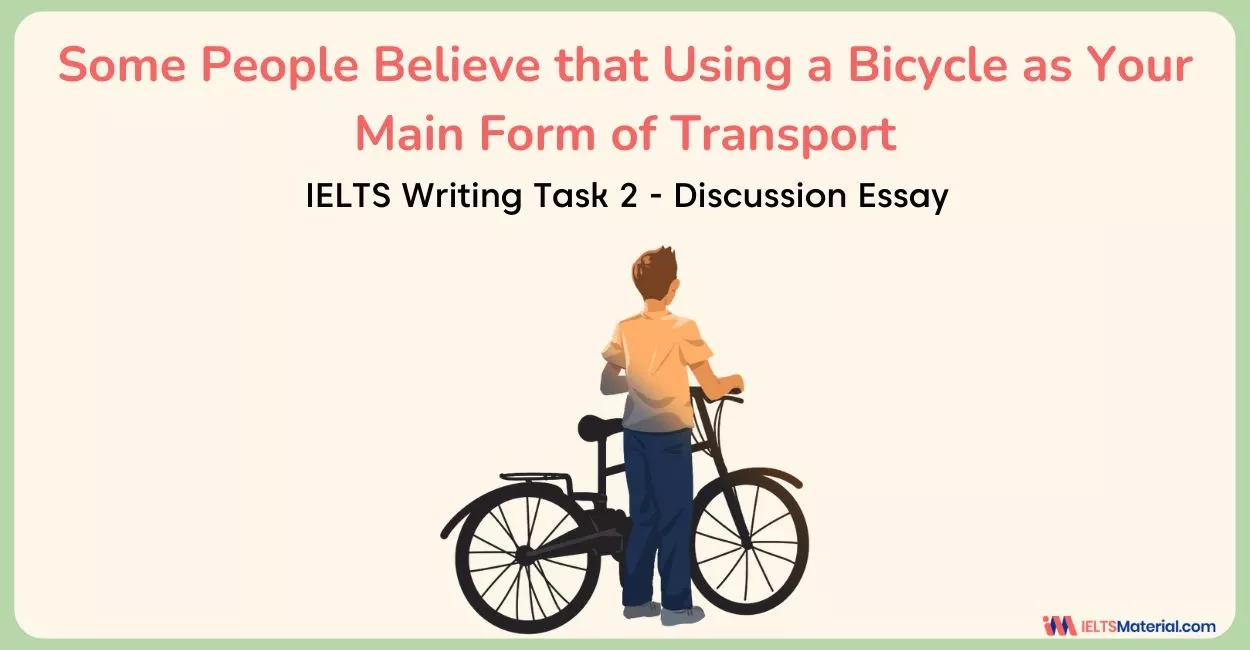
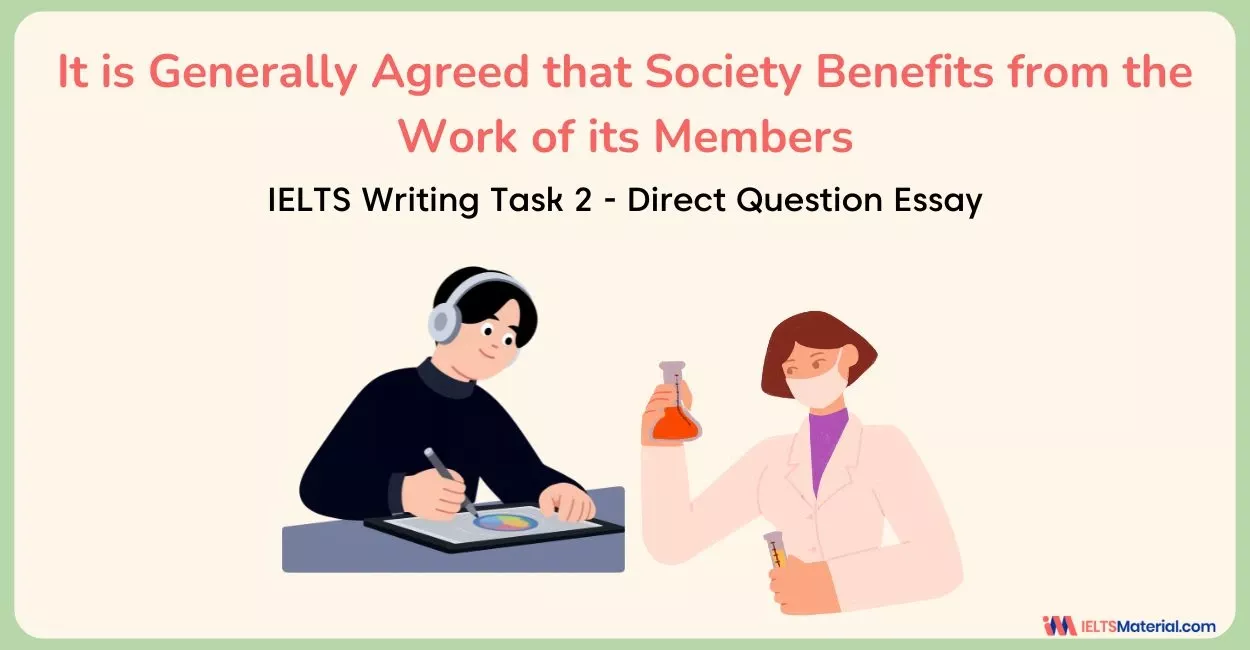
Recent Articles

Haniya Yashfeen
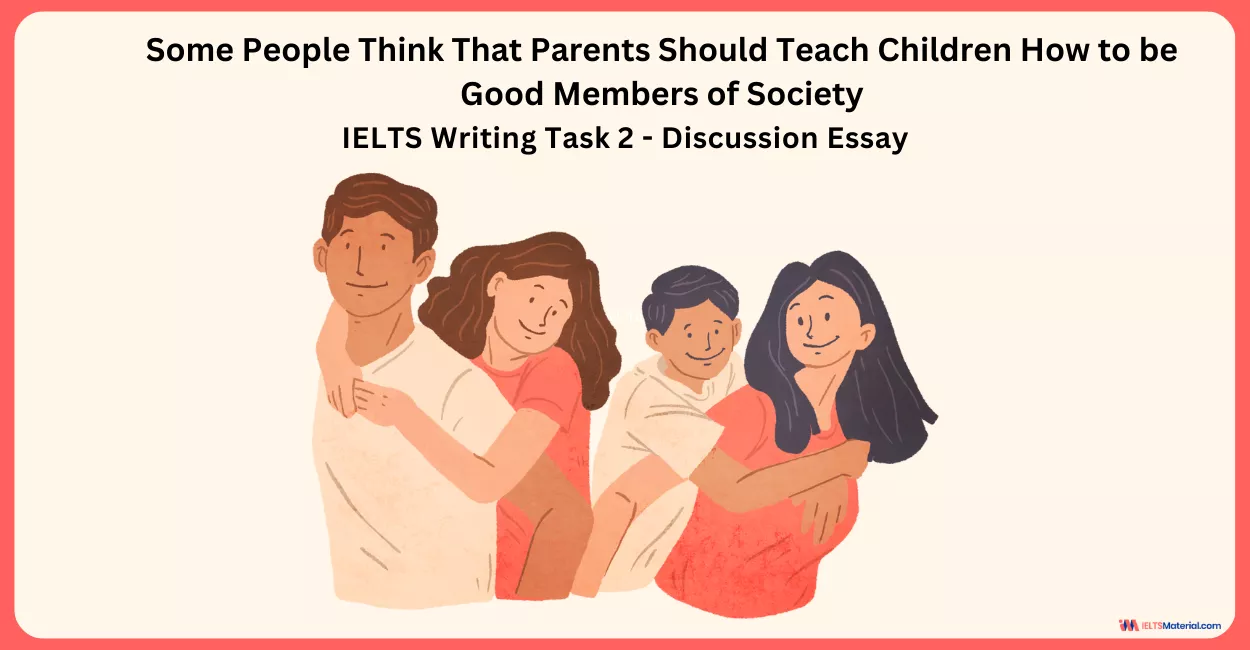

Prity Mallick

Kasturika Samanta
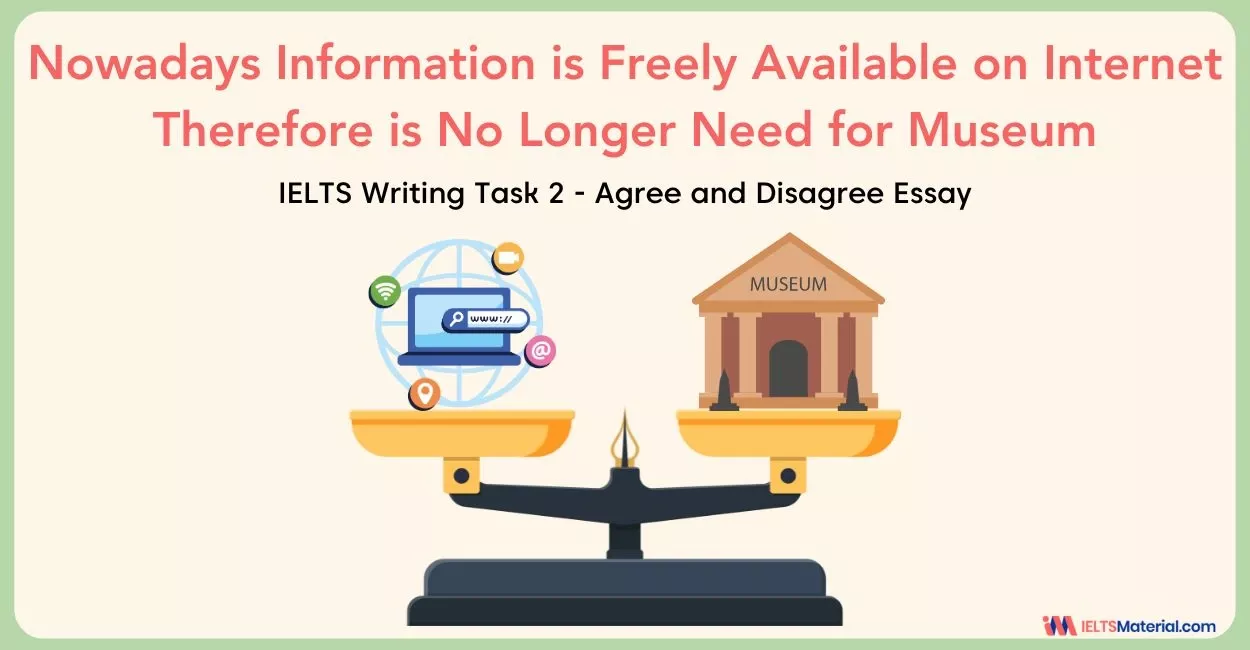

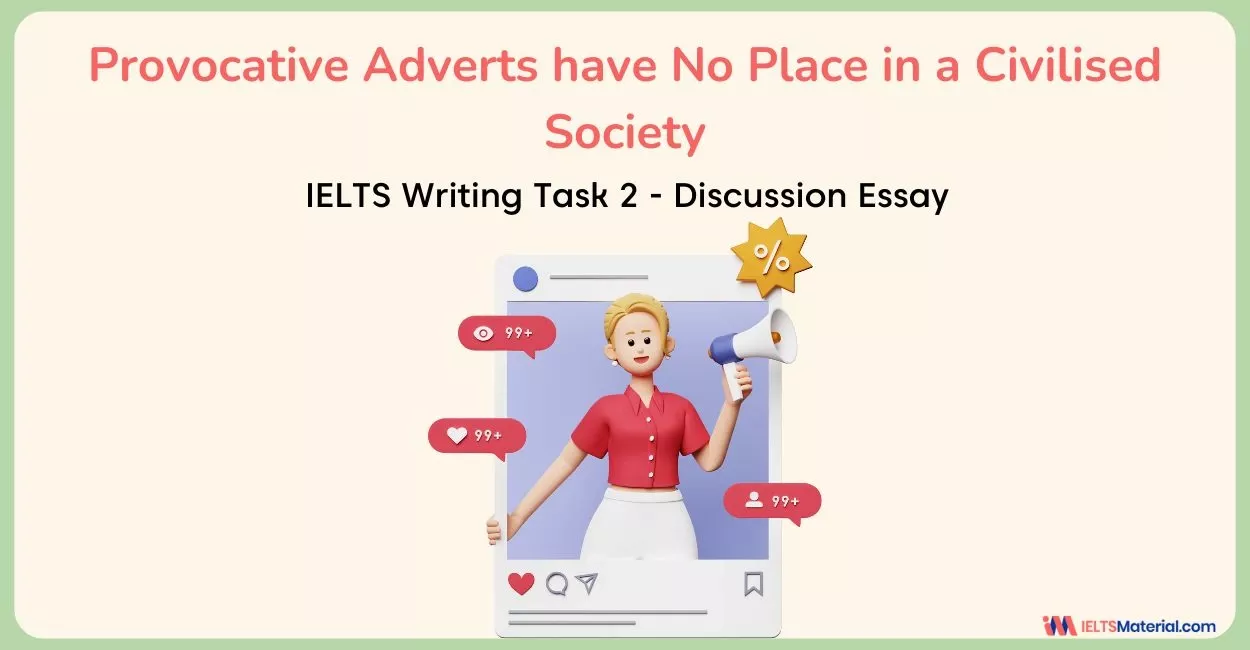
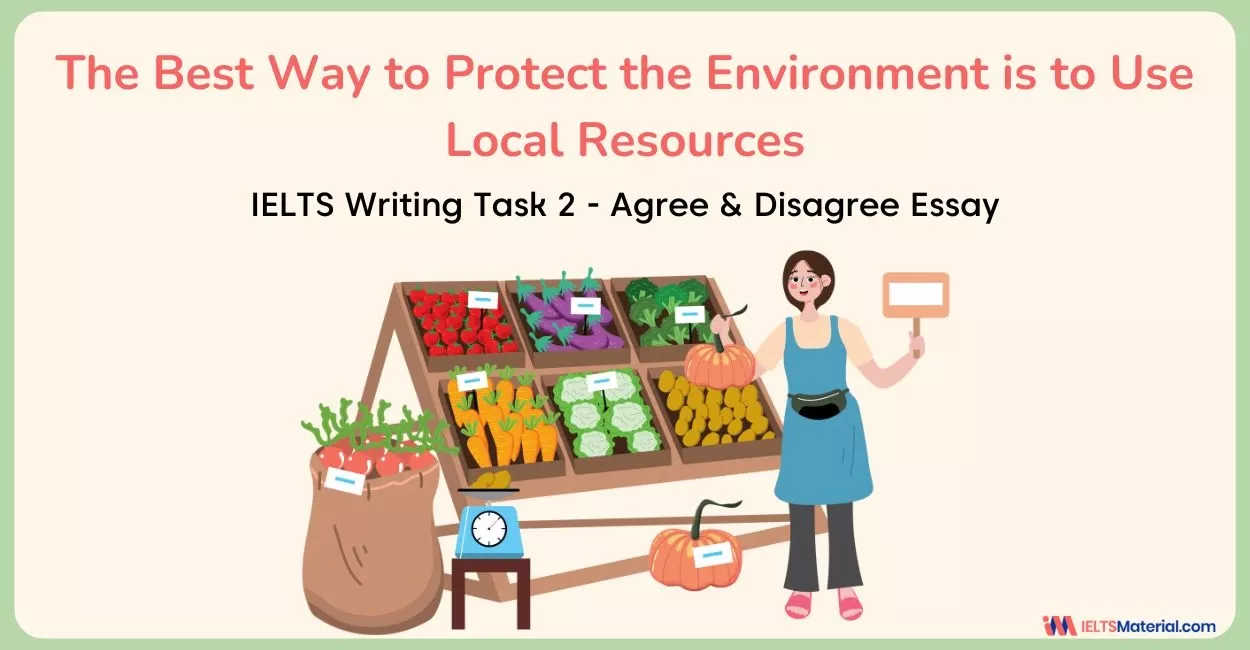


Post your Comments